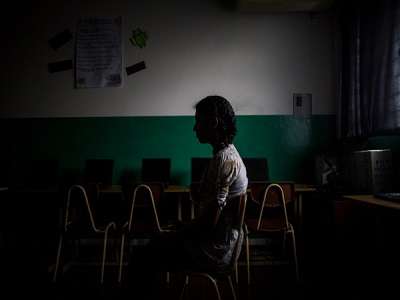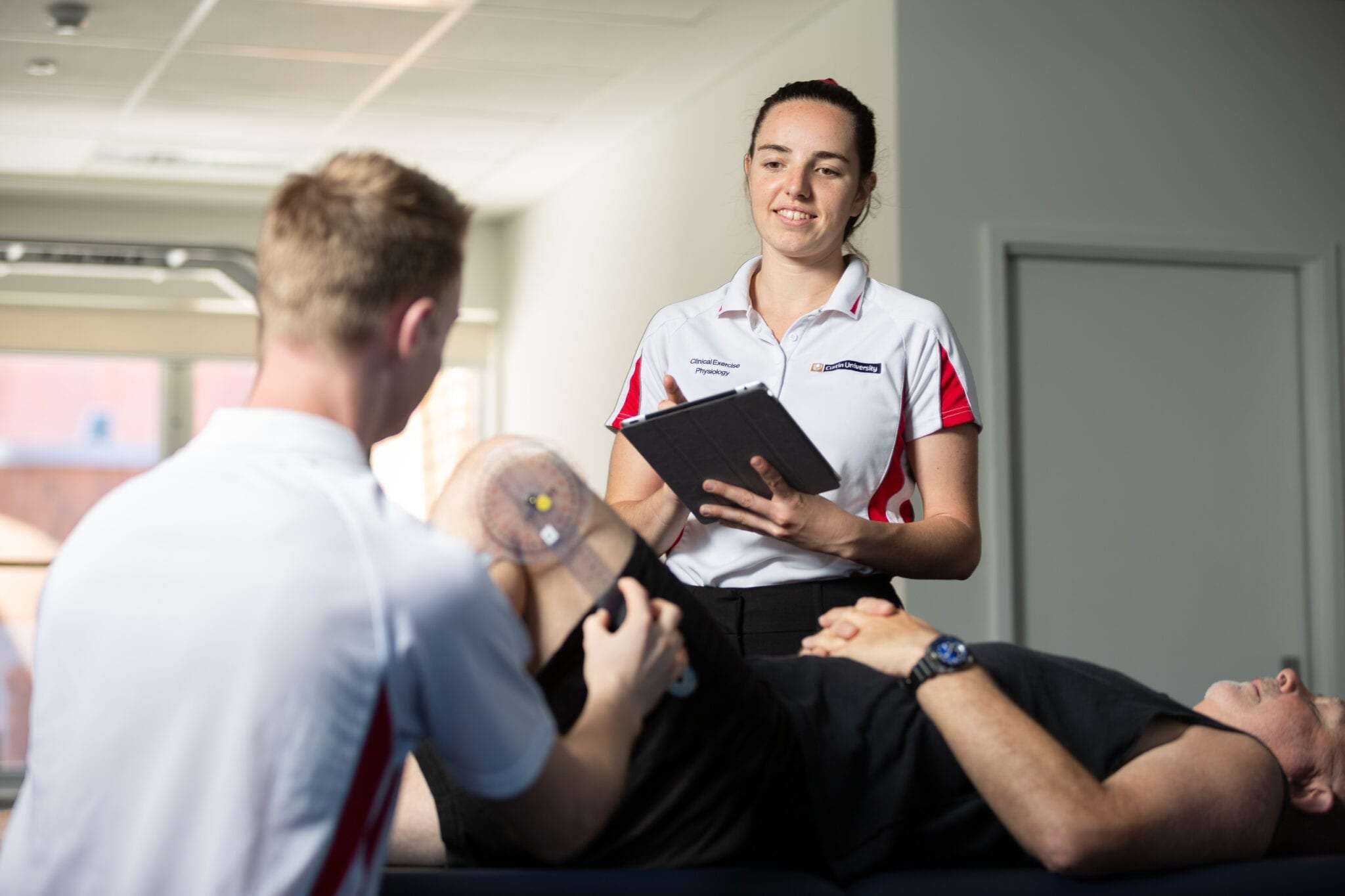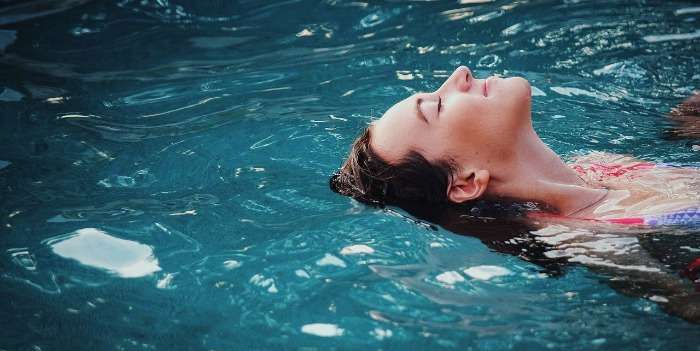Cover image:© © UNICEF/UN018669/Zehbrauskas
About this course
The Prevention of Sexual Exploitation and Abuse (PSEA) e-learning course is mandatory for all UN Funds and Programmes Personnel including staff, consultants, individual contractors, stand-by personnel, UN volunteers, interns and other persons who work for the UN under an individual contract, whether at Headquarters or at other duty stations. Personnel of implementing partners and institutional contracts associated with the UN are also strongly encouraged to take this course.
This e-learning course is composed of a set of lessons designed to raise your awareness about Sexual Exploitation and Abuse, become familiar with a range of measures to combat Sexual Exploitation and Abuse, understand what the impact of Sexual Exploitation and Abuse on victims is and the consequences for UN Personnel who commit Sexual Exploitation and Abuse.
Through discussion, examples and case studies, the course will familiarize you with the UN Standards of Conduct on Sexual Exploitation and Abuse and your obligations to uphold these standards, what you can do to prevent Sexual Exploitation and Abuse and how to report such abuses by UN Personnel. If you are a manager (Head of Office / Head of Department), you will learn about additional responsibilities to enforce the UN standards of conduct.
Learning objectives
At the end of this course, you will be able to:
- Explain what you can do to prevent sexual exploitation and abuse of the local and displaced population
- Define the UN standards of conduct on sexual exploitation and abuse and understand your obligations as UN personnel
- Describe how to report sexual exploitation and abuse
- Understand the consequences of such abuses
- Describe what managers, heads of office and heads of department must do to enforce the UN standards of conduct
Audience
This course is mandatory for all UN Funds and Programmes Personnel including volunteers and contractors. All newly recruited staff members are required to complete the course as part of their induction.
Length
It should take you about 90 minutes to complete this self-paced course.
Methodology
This course is divided in 5 modules. Lessons cover an Introduction to the course (Introduction Module), UN Standards of Conduct of Sexual Exploitation and Abuse (Module 1), Obligations of UN Personnel (Module 2), Consequences of Sexual Exploitation and Abuse (Module 3) and Responsibilities of Heads of Offices and Heads of Departments (Module 4).
The lessons contain a mix of case studies, short examples and scenarios created to reinforce messages specific to each lesson. Lessons also refer to and provide information on specific rules and policies. The course finishes with a summary and then a course assessment; a certificate can be printed upon successful completion of this assessment.
Structure
This course is composed of:
- Introduction
- Module 1: UN Standards of Conduct of Sexual Exploitation and Abuse
- Module 2: Obligations of UN Personnel
- Module 3: Consequences of Sexual Exploitation and Abuse
- Module 4: Responsibilities of Heads of Offices/Heads of Departments
- Final assessment
The involvement of humanitarian workers in acts of sexual exploitation and abuse is a grave violation of our responsibility to do no harm and to protect people affected by crises. OCHA is firmly committed to the global fight to eradicate sexual exploitation and abuse.
In line with the Secretary-General’s Bulletin “special measures for protection from sexual exploitation and sexual abuse” (ST/SGB/2003/13), OCHA has established clear structures and procedures for ensuring compliance with the zero-tolerance policy. Standard operating procedures are in place for submission and receipt of complaints, reporting, investigation and victim assistance. PSEA focal points have been established in OCHA offices at headquarters, regional and country levels, and all staff members receive training and information on preventing and responding to acts of sexual exploitation and abuse.
At the field level, Humanitarian Coordinators (HCs) are charged with ensuring that effective systems are in place for preventing and responding to acts of sexual exploitation and abuse, and OCHA provides support to HCs to this end. HCs’ responsibilities on PSEA are included in their annual compacts, and HCs report regularly to the Emergency Relief Coordinator (ERC) on the matter. The topic is also a standing item in the HCs’ annual retreat.
As the Chair of the Inter-Agency Standing Committee (IASC), the ERC plays a key role in propelling progress on PSEA across the humanitarian system. The IASC Principals have taken concrete measures to ensure action on the issue. The Chair’s Statement issued in June 2018 outlines further collective IASC commitments and actions to eradicate acts of sexual exploitation and abuse by humanitarian personnel and to respond fully to incidents.
OCHA supports the IASC Champion on PSEA and Sexual Harassment in implementing priority actions through the network of IASC Senior Focal Points on PSEA. The IASC Champions strategy was endorsed in November 2018. Priority actions include establishment of safe and accessible community-based reports mechanisms, ensuring that survivors have access to assistance, and field-based PSEA networks wherever humanitarian assistance is delivered, and strengthening vetting, reference checking, investigation and disciplinary measures. To bolster confidence that reported incidents of SEA or sexual harassment will be investigated quickly and competently, OCHA has established an investigations fund to provide rapid grants to IASC entities to support investigations into SEA and SHA allegations.
OCHA supports the IASC Champion on Protection from Sexual Exploitation, Abuse and Sexual Harassment.
Two thirds of the 100 million people assisted by the World Food Programme (WFP) live in conflict-affected and insecure settings, which are often affected by gender inequalities, power imbalances, and general conditions which heighten the risk of abuse and exploitation, including of sexual nature.
Any acts where our employees and those associated with our work use their positions of power to exploit those we serve are against our very mission, values and standards of conduct. WFP has a zero-tolerance policy against sexual exploitation and abuse.
Sexual exploitation refers to any actual or attempted abuse of a position of vulnerability, differential power, or trust, for sexual purposes, including, but not limited to, profiting financially, socially or politically from the sexual exploitation of another. Sexual abuse is the actual or threatened physical intrusion of a sexual nature, whether by force or under unequal or coercive conditions.
Preventing sexual exploitation and abuse is a moral imperative for WFP, and as such, it is mainstreamed throughout the organization and its operations, and incorporated into our legal framework. Our approach to Protection from Sexual Exploitation and Abuse (PSEA) puts victims at the centre and is rooted in the United Nations Secretary General Bulletin on PSEA, which includes six core principles and defines SEA as ‘acts of gross misconduct’, constituting grounds for termination of employment.
WHO has zero tolerance for any form of sexual misconduct by any of our workforce. We are taking concrete measures to prevent sexual exploitation, sexual abuse and sexual harassment, and prompt action whenever an allegation ofsexual misconduct is raised.
Sexual exploitation, abuse and harassment (SEAH) within the workforce and the communities we serve is a grave violation of our commitment to do no harm and protect the vulnerable. In the past we have not taken adequate or consistent measures to safeguardfrom sexual misconduct but are now taking systematic and intensive approaches to reach zero tolerance.
Our current plan of work is outlined in the unified frameworkin response to the report of the Independent Commission who examined the allegations of SEA in the 10th Ebola Virus Disease outbreak in the Democratic of Congo.
Together with other United Nations agencies, the UN Special coordinator for SEA, the UN Victims’ Rights Advocate, the InterAgency Standing Committee (IASC),nongovernmental organizations and civil society, we are working to transform our joint commitment to zero tolerance into action in countries and communities.
Whenever possible we listen to the needs and wants of victims and survivors to shape our work.
WHO prohibits sexual exploitation and abuse and is committed to preventing it in its workplaces and operations. Sexual exploitation and abuse violate universally-recognized, international legal norms and standards. WHO considers such acts as serious misconduct, which may constitute grounds for disciplinary measures, including summary dismissal and criminal prosecution.
In recent months WHO has intensified its efforts to strengthen the Organization’s work on the prevention of and response to sexual exploitation, abuse and harassment, the WHO Task Team on Prevention and Response to Sexual Exploitation and Abuse and Sexual Harassment (PRSEAH) is currently reviewing WHO’s existing policies with the aim to develop a revised and comprehensive policy framework and an internal WHO Policy Directive on Protection from Sexual Abuse has been issued to clarify the policy of the Organization. While that work is under way, ad interim, WHO reiterates its existing standards, aligned with the United Nations Secretary-General’s Bulletin on “Special measures for protection from sexual exploitation and sexual abuse”, and ensures alignment with the requirements under the Harmonized Donor clause on sexual exploitation and abuse and sexual harassment that WHO has adopted for all WHO funding agreements.
WHO has also adopted the UN protocol on assistance to victims of Sexual Exploitation and Abuse, the UN protocol on implementing partners related to Sexual Exploitation and Abuse and the IASC core principles and minimum operating standards.
As part of PRSEAH’s work, a new WHO policy on protection against sexual exploitation and abuse is being developed, as well as guidance for the public on how to report as well as guidance for persons affected. This will be issued in due course.
In the meantime, WHO reconfirms its commitment to fighting against sexual exploitation and abuse and strongly encourages anyone observing anything of this nature to report it to WHO by using the WHO Integrity Hotline.




